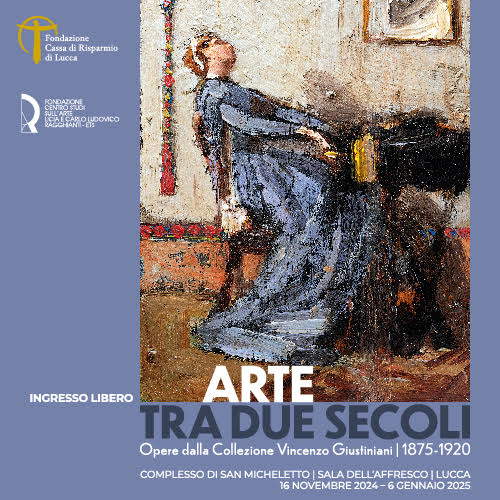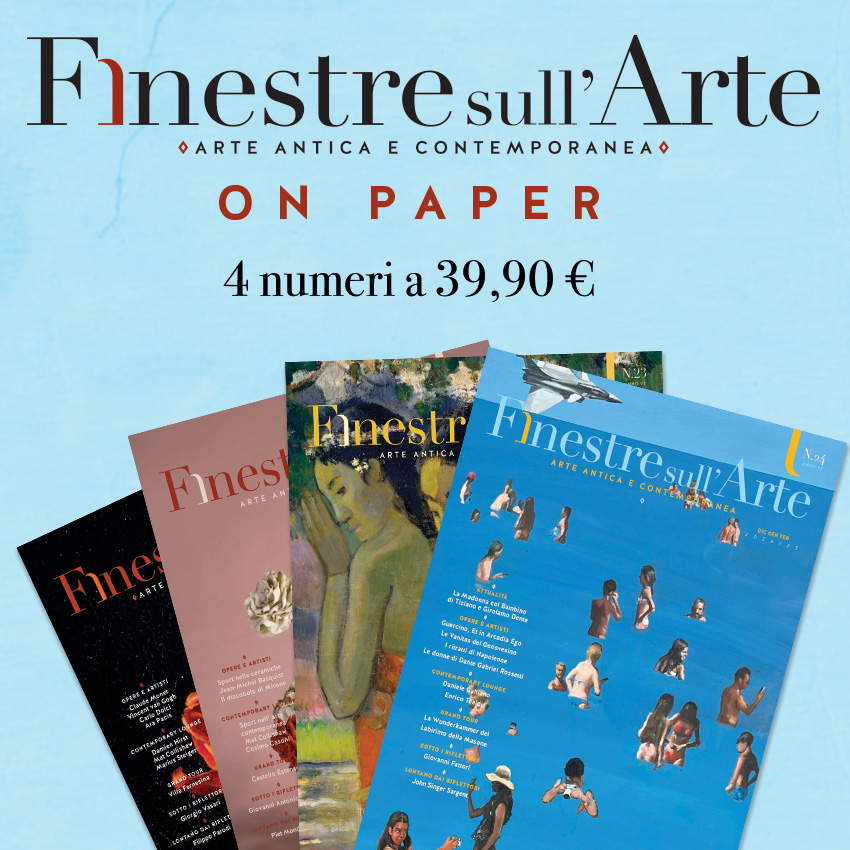Even the ancient Romans may have used sex toys. Newcastle University discovery.
A wooden object found in the Roman fort at Vindolanda in 1992 was initially thought to be a mending tool because it was found along with shoes and clothing accessories and other waste products such as leather scraps, but a new investigation conducted byNewcastle University and University College Dublin has revealed that it is instead a wooden phallus belonging to the realm of the ancient Romans.
Phalluses were widespread throughout the Empire and were believed to protect against bad luck. They were often depicted in frescoes and mosaics or were part of the decoration of other objects. Small portable phalluses made of bone or metal were commonly worn as pendants around the neck.
The research team believes, however, that the object may have been used for other purposes. Analysis revealed that both ends of the phallus are significantly smoother, indicating repeated contact over time.
In an article published in the journal Antiquity, the team presents three possible uses of this phallus. One is that the life-size object was used as a sex toy. Another possibility is that the object was used as a pestle, either for culinary purposes or to grind ingredients for cosmetics or medicinal treatments. Its size may have made it easy to hold. Yet another possibility could tie the phallus to a statue, which perhaps passersby were touching for good luck. If so, the statue would probably have been located near the entrance to an important building such as the commander’s house or the headquarters building. Investigations indicate, however, that it was inside or at least not in a position exposed to the outside for any length of time.
Dr. Rob Collins, professor of archaeology at Newcastle University, says, “The size of the phallus and the fact that it was carved in wood raises a number of questions about its use in antiquity. We cannot be certain of its intended use, in contrast to most other phallic objects that make symbolic use of that form for a clear function, as a good luck charm. We know that the ancient Romans and Greeks used sexual instruments-this Vindolanda object might be an example of that.”
Dr. Rob Sands, professor of archaeology at University College Dublin, said, “Wooden objects were common in the ancient world, but they endured only under very special conditions-in northern Europe normally in dark, damp, oxygen-deprived deposits. So for the Vindolanda phallus we are talking about an extremely rare survival. It survived for almost 2,000 years before it was recovered by the Vindolanda Trust, because the preservation conditions remained stable. However, the survival of objects like this is increasingly threatened by climate change and altered water tables.”
Barbara Birley, curator of the Vindolanda Trust, added, “This rediscovery shows the true value of having such an incredible collection of material from one site as a legacy and being able to reevaluate it. The wooden phallus may to this day be unique in its survival from that era, but it is unlikely that it was the only one of its kind used at the site, along the frontier, or even in Roman Britain.”
The phallus is currently on display at the Vindolanda Museum.

 |
| Even the ancient Romans may have used sex toys. Newcastle University discovery. |
Warning: the translation into English of the original Italian article was created using automatic tools. We undertake to review all articles, but we do not guarantee the total absence of inaccuracies in the translation due to the program. You can find the original by clicking on the ITA button. If you find any mistake,please contact us.






























